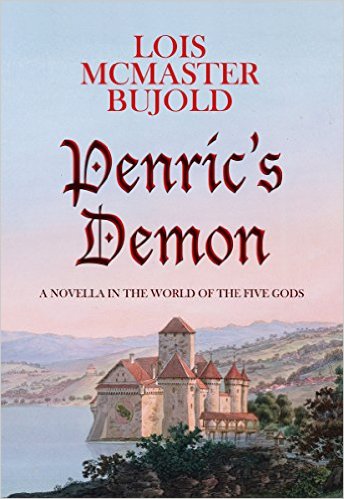Yesterday some point was raised about how an early twentieth century person would react to the modern day.
Well, give them some years to adapt. I know. You see, I am a time traveler.
I think I have mentioned in the past that I was reading a book on the Middle Ages (the Time Traveler’s Guide to the Middle Ages, I think) and kept coming across things that I went “so?” on. Because they were the same conditions I grew up in.
It’s hard to explain, truly, because we had buses and cars (not many cars. For instance there were two vans and one car in the village. When I had a breathing crisis in the middle of the night (every few months or so till I was six) we had to knock on the door of the grocer across the street who — poor man, may he rest in peace, he died with Alzheimer’s — is as responsible as my parents for my still being here. He would throw on clothes at any hour of the day or night and drive us to emergency in the city, then wait with my parents until he found out if I’d be sent back home or kept on oxygen.
We also had telephones. In the grocery store. If something dire happened to one of the relatives overseas, they’d call, and so when we got the knock on the door and “call for” we knew it was bad news. Only worse news was a telegram. Mind you, my brother used that phone to call in song requests to request programs on the radio. (Programa de pedidos.)
Oh, yeah, we had radios. Everyone had a radio, even my grandparents, and had had them from the beginning of the century. There were dead tube radios in the attics, which is how I built myself my first radio. (“Dad, I want a radio.” “Good, you can have one.” And then he went back to reading Three Men In A Boat. I’m not actually joking.)
And then there were televisions. Well, every coffee shop had a TV, which is how they attracted the after-dinner crowd who, for cultural reasons, were mostly male. Then again the nearest coffee shop was a mile away. Through ill-lit streets. So, yeah.
My godmother and the housekeeper for the earl’s “farm house” catercorner from us had TVs. We often went to watch TV with the housekeeper, when the earl and his family wasn’t in (which was 99% of the time.) And all I have to say about my godmother’s door pane is that she really shouldn’t have gone on vacation at the time of the moon landing. And besides we cleaned up and left her money for the replacement. (Sheesh.)
[…]
I not only didn’t see a dishwasher till I was 12 (I think) but, having heard of them, I imagined them kind of like the robot diners in Simak. Arms come out the wall and wash dishes.
I was by no means the person from the most backward environment to become an exchange student. I certainly didn’t come from as backward a place as my host-parents expected (look, host-mom was descended from Portuguese. What she didn’t realize was that it had changed since her grandma’s stories.) They showed me how to flush the toilet…
However there were myriad culture shocks. The all-day TV, for instance. (I watched for two days solid, then decided it wasn’t my thing.) But mostly, at that time, the culture shock was the prosperity. My host mother bought a small TV for the kitchen on a whim, at a time when, in Portugal, you’d still have to save for years to buy ANY TV. Or the things considered necessary. We had patio furniture, though I don’t think anyone but me EVER went outside. (Not to blame them. Ohio has two seasons: Deep Freeze and Sauna.)
The refrigerator. When I came over we had a fridge. We got a fridge when I was ten. But a) it was the size of a dorm fridge. b) mom was still in the habit of shopping every day. So the morning was devoted to shopping for the food for lunch/dinner. The main thing we used our fridge for was ice-cubes, one per drink, because more than that might kill you.
My host family shopped once a week, and kept stuff in the deep freezer, so you didn’t need to run out to get food every day.




